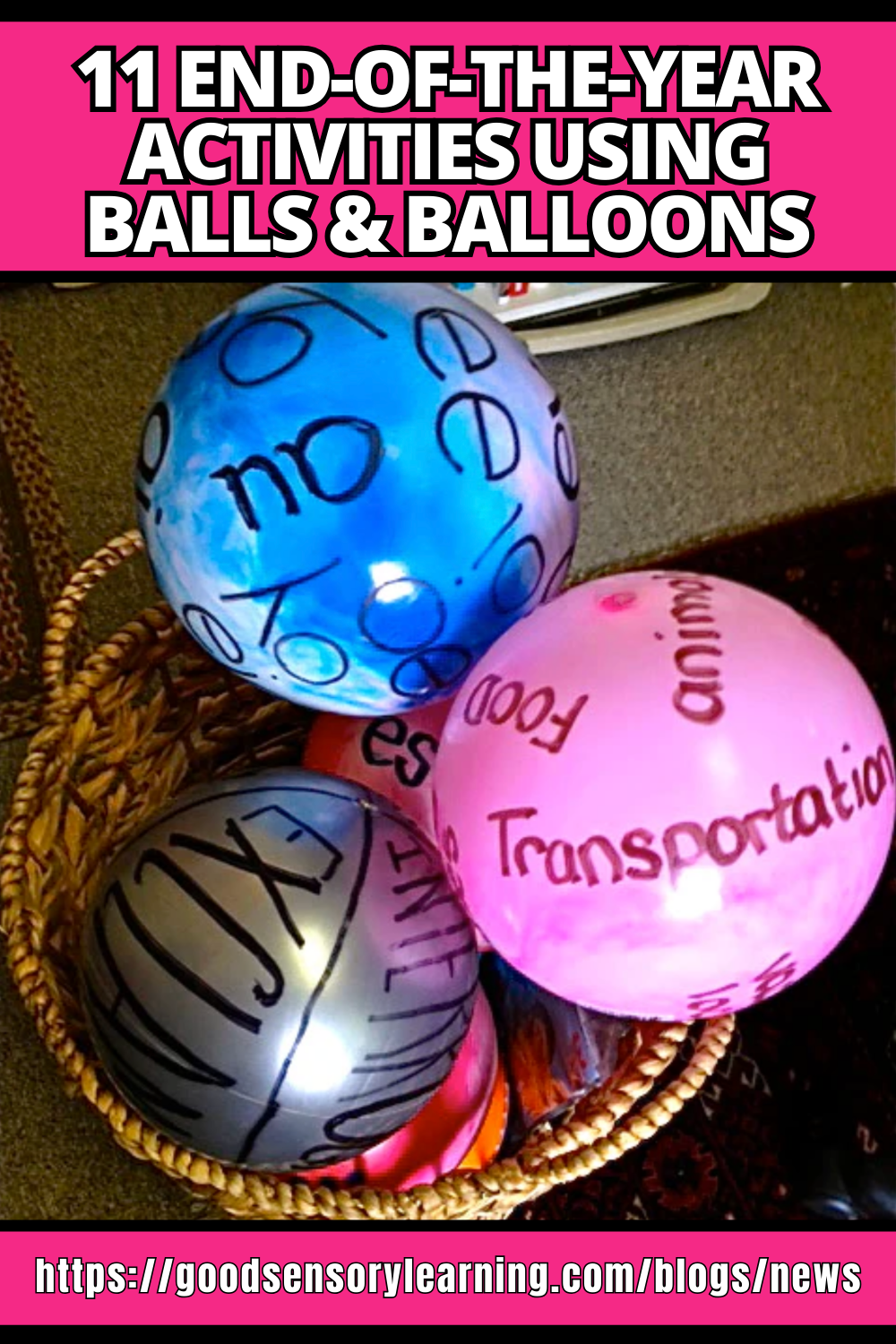Working Memory Definition, Facts, Symptoms and Strategies Infographic
What Is Working Memory and Why Does It Matter?
Did you know that working memory is one of the strongest predictors of academic success? This powerful cognitive function acts as the brain’s command center, allowing students to hold, organize, and use information as they learn. It enables them to follow directions, solve problems, and stay engaged in lessons.


Information enters the brain through the senses, and our conscious awareness transforms it through thoughts, inner visualizations, and the inner voice. Working memory brings these mental processes together, creating a “mental workspace” where learners can reason, plan, and stay on task. When it’s functioning well, students can juggle multiple ideas at once, block distractions, and remain focused.
To dive deeper into how working memory influences learning—and to discover practical ways to strengthen it—click on the image above.

What is the Working Memory Process?
-
 Attending to the immediate experience
Attending to the immediate experience - Accessing prior information
- Holding and processing information
- Satisfying current goals.
What are Some Fun Facts about Working Memory?
- Working memory focuses attention on experiences in the moment.
- Working memory only lasts a few seconds.
- Working memory can hold about four items.
- Working memory is a better indicator of success than I.Q.
What are the Symptoms of a Weak Working Memory?
- Seldom volunteers and has difficulty answering direct questions.
- Difficulties following a series of directives.
- Challenges when learning new concepts and vocabulary.
- Trouble completing tasks to completion.
- Appears unmotivated, inattentive, and is easily distracted.
- Difficulty remembering passwords, phone numbers, and other rote memory activities.
- Trouble organizing sounds, sentences, and stories.
- Problems conducting mental math and problem-solving.
- Challenges with note-taking or copying from the board.
- Difficulties maintaining stamina during complex tasks.
How Can I Strengthen Working Memory?
Working memory can be improved through fun, consistent, and targeted practice. Games and activities that challenge attention, recall, and mental manipulation, such as memory matching, sequencing challenges, and visualization exercises, can make a big difference over time. Multisensory strategies, such as combining movement, visuals, and verbal cues, also help strengthen the brain’s ability to retain and process information.
If you’d like to explore research-based tools that make this process easy and enjoyable, click here to access practical tools designed to boost focus, comprehension, and learning success. If you would like free sample pages from my popular working memory workbook for elementary kids, CLICK HERE.
Cheers, Erica
Dr. Erica Warren is the author, illustrator, and publisher of multisensory educational materials at Good Sensory Learning. She is also the director of Learning to Learn and Learning Specialist Courses.
- Blog: https://goodsensorylearning.com/blogs/news
- YouTube Channel: https://www.youtube.com/user/warrenerica1
- Executive Function Podcast: https://goodsensorylearning.com/pages/the-personal-brain-trainer-podcast-with-dr-erica-warren
- Store: http://www.Goodsensorylearning.com/
- Courses: http://www.learningspecialistcourses.com/
- Newsletter Sign-up: https://good-sensory-learning.kit.com/drericawarren




Leave a comment
This site is protected by hCaptcha and the hCaptcha Privacy Policy and Terms of Service apply.